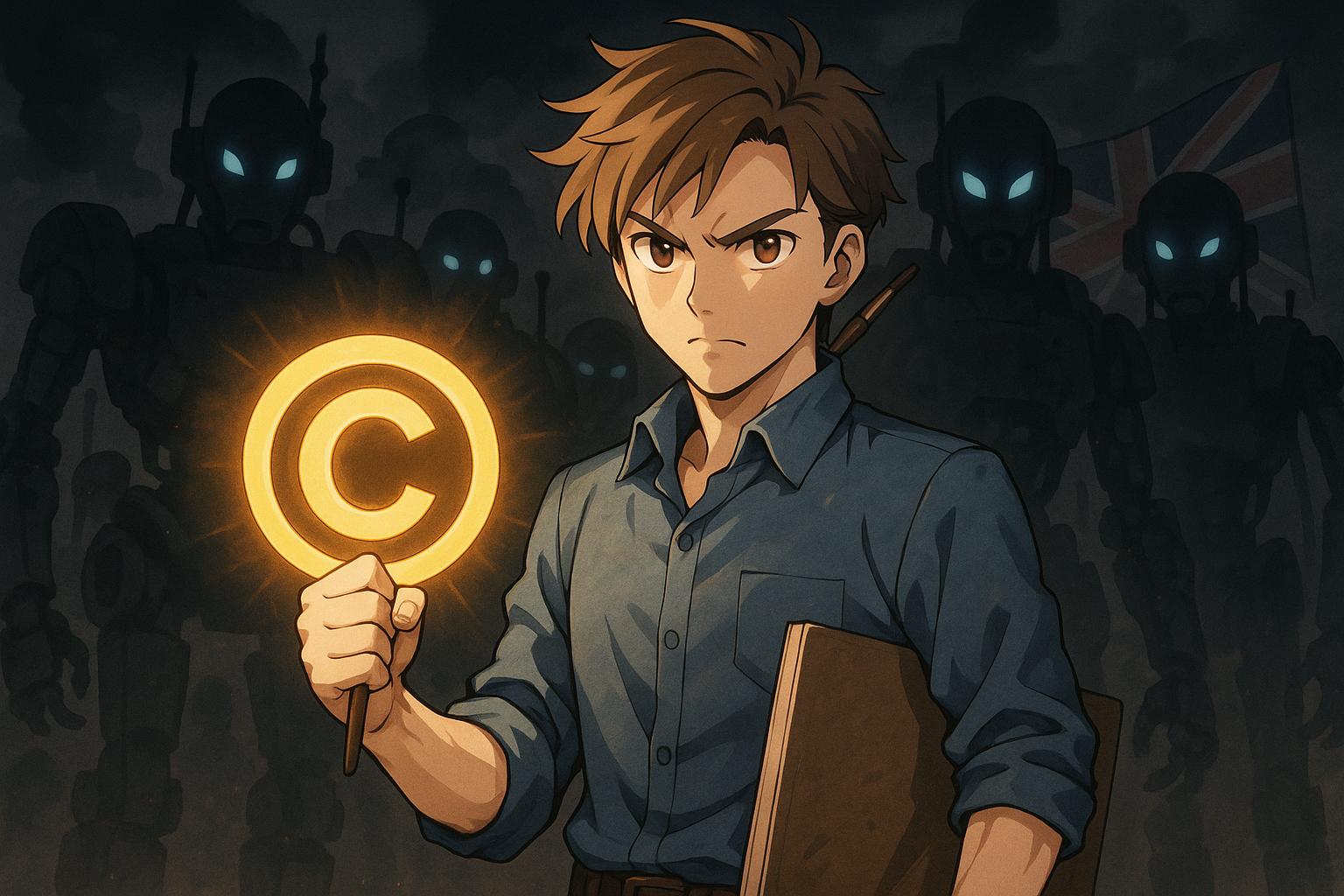For months, a collective of leading figures from music, literature, design, and the visual arts has raised alarm over the UK government’s proposed changes to copyright laws that could radically shape the landscape of the creative industries. The concerns escalated when the government initiated a consultation that appeared to advance a predetermined agenda: allowing artificial intelligence companies to utilise copyrighted work without the permission of its creators unless these creators had opted out—a process that inherently lacks transparency. This proposition is seen by many as a blatant charter for theft, stripping vigorous protections from those who pour their lifeblood into creative endeavours.
Elton John, a renowned figure in the music industry, has been vocal in his condemnation. Speaking to the press, he declared, “The government have no right to do this to my songs. They have no right to do it to anybody’s songs, or anybody’s prose.” John’s sentiment echoes the frustration of thousands of artists who fear that their rights and incomes are at stake amidst these legislative changes. The pushback from the artistic community was also echoed in the House of Lords, where members from various political backgrounds attempted to introduce amendments to the legislation—now formulated as the data (use and access) bill—that would enforce existing copyright laws. These amendments aimed to mandate transparency, ensuring that creators could identify how, when, and by whom their work was being appropriated in AI training.
Despite these concerted efforts, government representatives, including Secretary of State for Technology Peter Kyle, dismissed calls for greater protection, even as he conceded that substantial amounts of copyrighted material have already been assimilated into AI models. His comments indicate a lack of accountability for AI companies, which has caused a backlash among artists and creators. Kyle’s continued support for the existing policy, despite significant criticism, underscores a troubling disconnect between the government and the creative sectors—an industry that supports over 2.4 million jobs and contributes approximately £126 billion annually to the UK economy.
This situation has raised serious alarms among industry leaders not only regarding the immediate ramifications for creators but also about the long-term cultural implications for Britain. The creative industries are often described as the nation’s cultural bedrock, weaving the narratives and histories that define the country. The potential erosion of copyright protections would not only devalue artistic work but could also undermine the very capacity of the UK to tell its own stories in the future.
Moreover, concerns have been voiced not only by musicians like John and Paul McCartney but also by a coalition of over 30 leaders from the performing arts, including heads of prominent institutions such as the National Theatre and Opera North. They advocate for robust protections of both moral and economic rights for creatives, asserting that a fragile ecosystem of freelancers is at risk if copyright laws are allowed to be flouted. As the creative industries grapple with the modern realities of AI, the stakes are high, and the need for protective legislation clear.
As the government appears poised to move forward with its plans, the upcoming debate in the House of Lords will be crucial. The resilience of Britain’s creative community and its ability to influence policy will shape not just the present state of the industry, but also the future trajectory of how creative work is valued in an increasingly automated landscape. The fight against these detrimental changes is far from over, and with renewed discussions set to take place, the call for a legislative framework that respects and protects the rights of creators remains more critical than ever.
Source: Noah Wire Services
